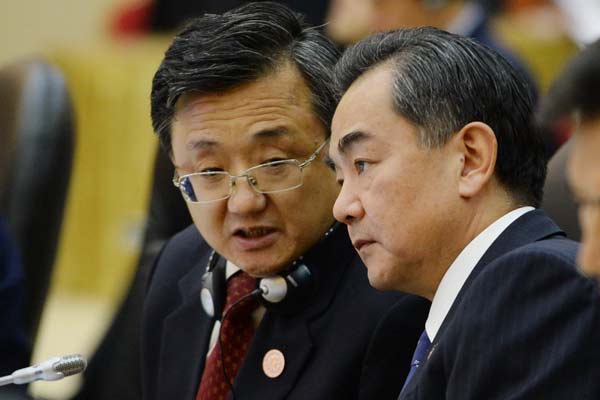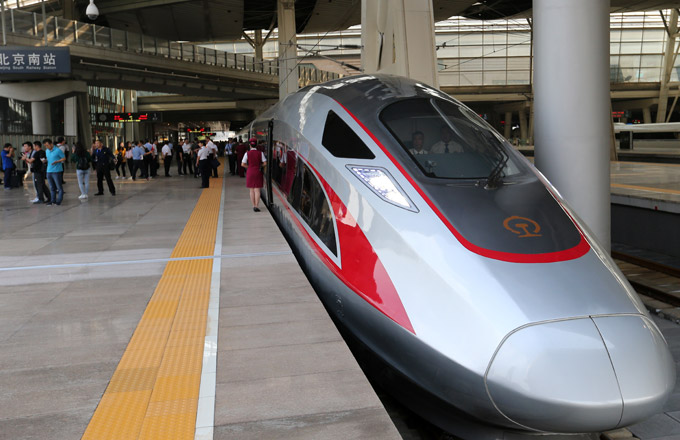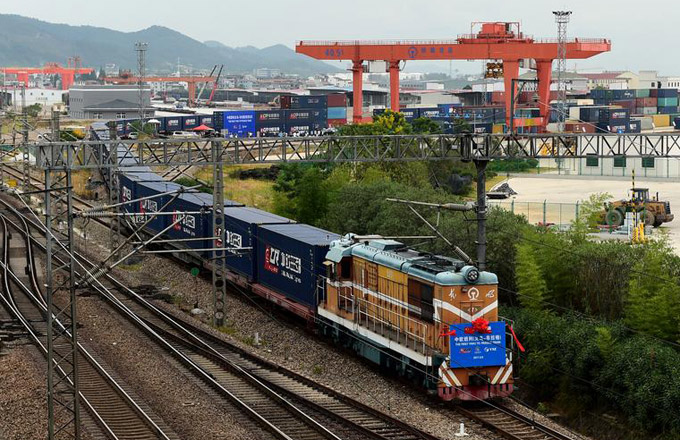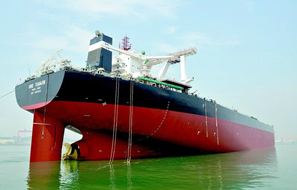Foreign minister makes ASEAN debut as tensions flare
|
 |
|
Foreign Minister Wang Yi (right) listens to a member of his delegation during the 14th ASEAN Plus Three Foreign Ministers Meeting in Brunei's capital Bandar Seri Begawan on Sunday. The major regional forum will focus on trying to ease tensions in the South China Sea. Photo by Roslan Rahman / AFP |
Experts expect Foreign Minister Wang Yi to seek solutions to the South China Sea issue and upgrade the China-ASEAN FTA as he makes his debut at a series of ASEAN-related meetings that started on Sunday in Brunei.
The South China Sea issue was raised by Philippine Foreign Minister Albert del Rosario on Sunday at the meeting of the Association of Southeast Asian Nations foreign ministers, when he criticized China's "increasing militarization" in the area. Tensions between neighbors have flared in past weeks over territorial disputes.
Wang said on June 27 that the recent disputes concerning the South China Sea were not started by China.
Another country illegally grounded a warship and constructed buildings on a reef within China's territorial sovereignty and brought bilateral disputes to the UN arbitral tribunal, which further complicated the situation, Wang said, referring to the Philippines.
The minister said China has always remained open to discussions regarding the Code of Conduct in the South China Sea, adding that China and ASEAN member states agreed to adopt the COC on the basis of a consensus reached by all relevant parties.
"This is a promise that China has made to the 10 ASEAN member states and will live up to," Wang said.
The ASEAN Foreign Ministers' meeting in Phnom Penh last year failed to produce a joint statement as the Philippines pushed for content to be included on its territorial disputes with China.
ASEAN leaders have since called for the centrality of ASEAN in regional cooperation to be respected.
"Let's hope this time around we will have a more quiet meeting than we had last year," Indonesian Foreign Minister Marty Natalegawa told reporters on Saturday.
Ruan Zongze, deputy head of the Institute of International Studies, said the top priority at the moment is to avoid escalating tensions over the South China Sea issue.
"China has settled land border issues with 12 neighbors through negotiations, so we have the confidence to solve territorial disputes in the sea through talks," he said.
Given that 2013 marks the 10th anniversary of the establishment of a strategic partnership between China and ASEAN, and that the new Chinese government has made relations with its neighbors a top priority of its foreign policy, Ruan said the ASEAN-related meetings are a good opportunity for China and ASEAN to enrich their ties.
"For one thing, we should beef up exchanges and cooperation on security affairs to raise mutual trust."
In another development, Ruan noted that Wang said in a recent speech that there is a need to upgrade the China-ASEAN free trade agreement.




















